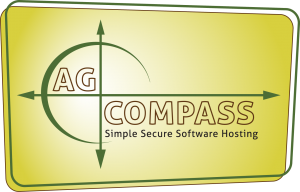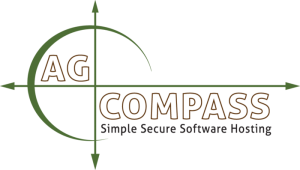Contact Us to learn more about our services.
Why Accrual Accounting Is An Opportunity
Know your true cost of production with accrual accounting
Is tax season the only time you know the full cost and revenue of yo ur business? Many agricultural businesses use outdated and inaccurate accounting strategies that don’t give them the full picture of their financial health throughout the year – we’re here to make sure yours isn’t one of them.
ur business? Many agricultural businesses use outdated and inaccurate accounting strategies that don’t give them the full picture of their financial health throughout the year – we’re here to make sure yours isn’t one of them.
With the precision allowed by agricultural technology and market modeling, you need accurate and up-to-date financial information to help you make in-season decisions. If you know whether your business is in the black or the red, you can protect your business when markets are tight and grow your business when prices are up. Turn your business finances from a headache to an opportunity with accrual accounting.
Accurately tracking future costs and expenses
With agricultural products and inputs, cost and revenue are often not immediately realized at point of sale or purchase. If you process a product shipment one month but won’t be paid for three months, how do you know the health of your business on the day of shipment? When the payment is processed in three months, your business’s finances have already changed.
Accrual accounting is the industry-recommended alternative to trying to mentally juggle long-range costs and payments when forecasting your business’s financial health. Accrual accounting is the answer to the challenges of cash accounting. In cash accounting, a business only recognizes transactions when there is an exchange of cash. Accrual accounting tracks more than just the amount of money in the bank by creating accounts payables and accounts receivables to represent money owed to you and money you owe in your ledgers. For example, if you purchase machinery on April 1 but won’t get the bill until June 1, in accrual accounting you record the purchase price of the machinery on April 1 as an account payable. This prevents you from overspending in May if you forget about the bill coming in June.
By including your known future payments and costs in your accounting, you reduce the risk of unpleasant financial surprises. You also can better identify if your business can afford a growth opportunity, or when you need to buckle down on expenses.
Sounds good, but how do I do it?
Many agricultural accounting firms can help your business transition from cash accounting to accrual accounting. It can be helpful to transition at the start of a tax year, making now a great time to consider the change. Be sure to engage everyone at your operation that processes financial information or records to discuss changing accounting systems.
If you’re interested in learning more or trying it out for yourself, the Farm Financial Standards Council has an extensive implementation guide that explains accrual accounting, why you should adopt it, and how to do it.
Accrual accounting can be implemented in stages, so if you’re not ready to make the full switch, you can explore accounting methods that combine cash and accrual accounting principles as you transition.
Ditch the spreadsheets
Unless you have accounting training, you won’t be able to accurately implement accrual accounting on your own with a spreadsheet and a calculator. Powerful accounting software, such as FBS Systems, is key to keeping your accrual accounting straight and giving you the financial information you need to make informed, in-season decisions.
Every powerful accounting software needs an equally powerful IT solution: All the accounting software in the world won’t help you if the one computer with your records gets hacked or damaged. AgCompass can help keep your accounting software secure, accessible, and independent. Get access to your software from anywhere and securely share your programs with consultants and accountants you bring in to help your business thrive.
Take the guessing out of your business finances with a modern accounting solution and a modern IT system to match.

